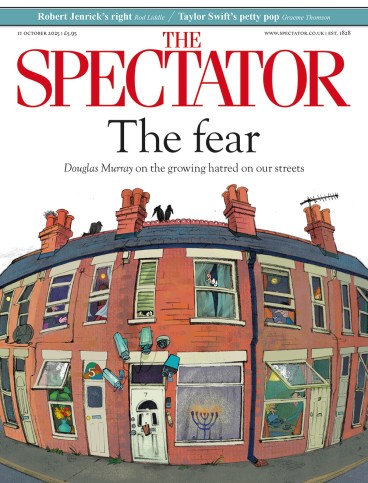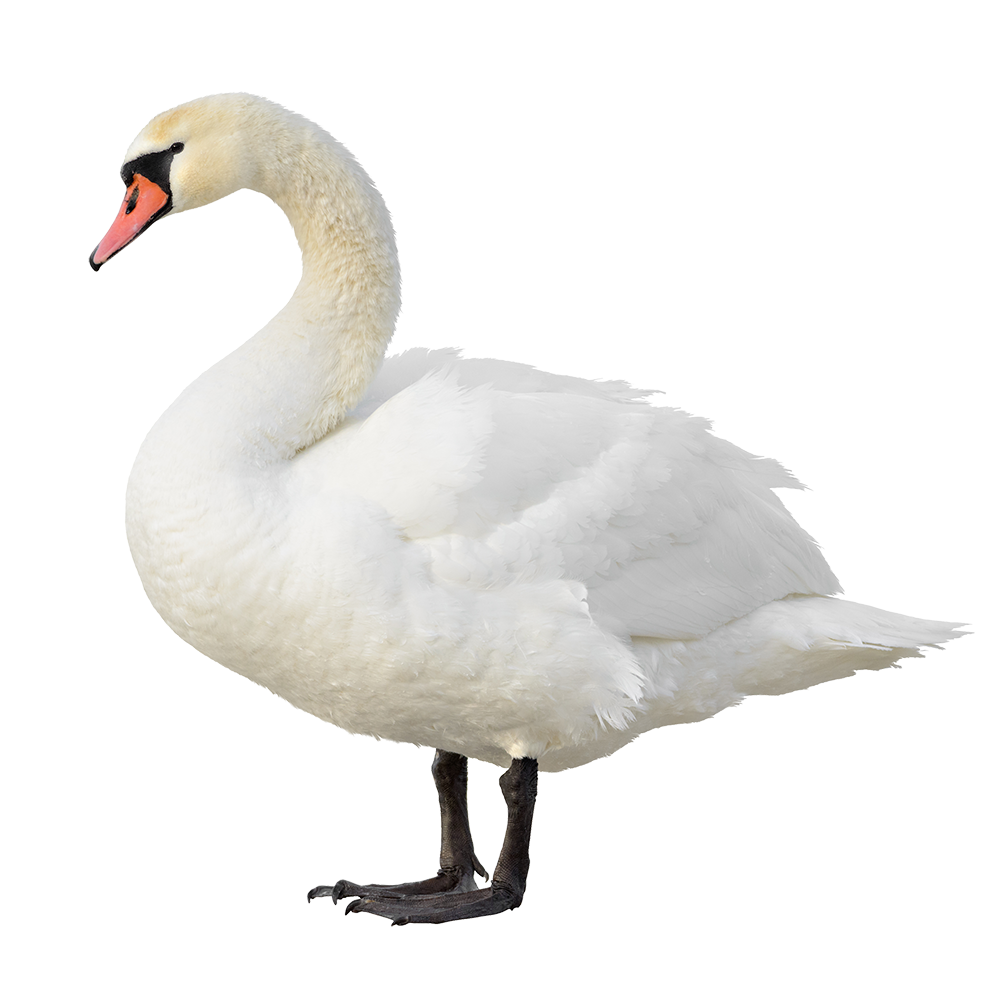
Zero chance
Sir: In Tim Shipman’s wide-ranging article on Kemi Badenoch (‘I have a lot of self-belief’, 4 October), she claims that net zero has become just a slogan and that we can’t tackle climate change alone. In that she is right, but she fails to recognise that unless we can be seen to be world leaders in reducing emissions, then we will never be in a place to lecture other countries – many of whom just want what we have already had. By being the ‘goody-two-shoes’ in the fight against climate change, we will have the very best chance of bringing the rest of the world with us, without exposing ourselves to neo-colonialist aspersions.
David Edwards
Norton-sub-Hamdon, Somerset
Bad company
Sir: It was interesting to read Sir Keir Starmer’s comment at his recent conference, where he stated to businesses ‘We asked a lot of you’ (‘A holiday from reality’, 4 October). However, he appears to be in denial about the damage his Chancellor’s business taxes have done to the real economy and working people, and is still blaming other factors for this.
If one likens the UK to a company, the reality is that this economic damage has caused concerned lenders to raise borrowing costs to record highs, and shareholders will likely be called upon in November for more funds effectively to stave off the threat of bankruptcy. This will further reduce spending in the real economy. Starmer may have bought himself more time at conference, but unless he starts to recognise rapidly the seriousness of the situation in his business and act decisively to address the problems created by his Chancellor, his days in office will surely be numbered.
Last month’s Institute of Directors’ Business Leaders’ Confidence survey shows the lowest levels of confidence in the UK economy since the survey began in 2016. While most recognise that the PM has a duty to talk the economy up, talk won’t save it in the face of harsh reality. Positive action for the UK’s 5.5 million businesses at the next Budget just might.
Andrew Haynes
London SW6
Representative democracy
Sir: I read with interest Owen Matthews’s article on the recent election in Moldova (‘Meddle ground’, 4 October). In 2006 I led a delegation from the Council of Europe to monitor the election for the president of Gagauzia, the semi-autonomous Turkic region within Moldova. In assessing whether the election was ‘free and fair’ we reported a number of irregularities, including intimidation of candidates, manipulation of the voter lists and bribery of electors. One I observed flashed his completed voting slip to the staff in the polling station before posting it in the box, collecting his ‘package’ on the way out.
I was asked to report to a meeting of ambassadors in Chisinau after the election and was taken to task by the German and Polish ambassadors for criticising this fledgling democracy for fear of ‘strangling’ it before it had time to develop.
Sue Bolam
Harbottle, Northumberland
Fare innings
Sir: Lloyd Evans made some useful points on the perils of healthy eating (No life, 4 October). I’d like to back them up with the evidence of my wonderful grandmother. Fruit to her meant boiled plums, so sour that they seemed to scour the enamel off your teeth. Vegetables were the occasional bullet-hard roundel of carrot, floating in a watery stew, her signature dish. Other than that, she subsisted mainly on bacon fried in lard, and cake. I suspect even Lloyd would describe this diet as appalling, yet it kept her healthy to the age of 96. It just goes to show.
Andrew Stokes
Sai Kung, Hong Kong
When in Rome
Sir: Your piece by Bijan Omrani about Oxford dons and students talking in Latin (‘Veni, vidi, vici’, 4 October) reminds me of a time when, not long past O-level Latin, I was in Rome with friends from school. We found ourselves lost. None of us spoke Italian. The only person around was a priest so we asked him the way in Latin. Whether he was happy to talk in Latin, or just thought we were using unusually hopeless Italian, I will never know, but it worked. Learning for some supposedly practical use will make even a dead language live. I’m sure I would have learned more if we’d role-played buying vegetables in the market (or indeed asking the way) rather than parsing yet another bit of Caesar.
Timothy Blake
London W5
White privilege
Sir: While eating swan is illegal in most of the United Kingdom (‘Notes on…’, 4 October), under Udal law which applies in Orkney, swan may be eaten and this was first tested in court in 1910. More recently, the Queen’s composer, who lived on the island of Sanday in Orkney, made whooper swan terrine from a bird which had flown into power lines and died. He was subsequently interviewed by police but not prosecuted. This ancient law makes sense; why waste them?
Bob Heddle
Ickham, Kent
Wing tip
Sir: I may have reason for Charles Moore and his good wife to be even more cheerful regarding the Clifden Nonpareil moth (Notes, 27 September). A friend reliably informs me that this is not the first sighting for Co. Durham: records exist of a previous six, the first being in 1917. Northumberland similarly records six. Sadly, he also tells me the sighting Charles refers to was never passed to the Durham County Moth recorder, so it remains unrecorded and non-verified. However, this situation may be rectified if a grid reference and a brief comment of the sighting is forthcoming.
Jeremy Pritchard
Pickering, North Yorkshire








Comments